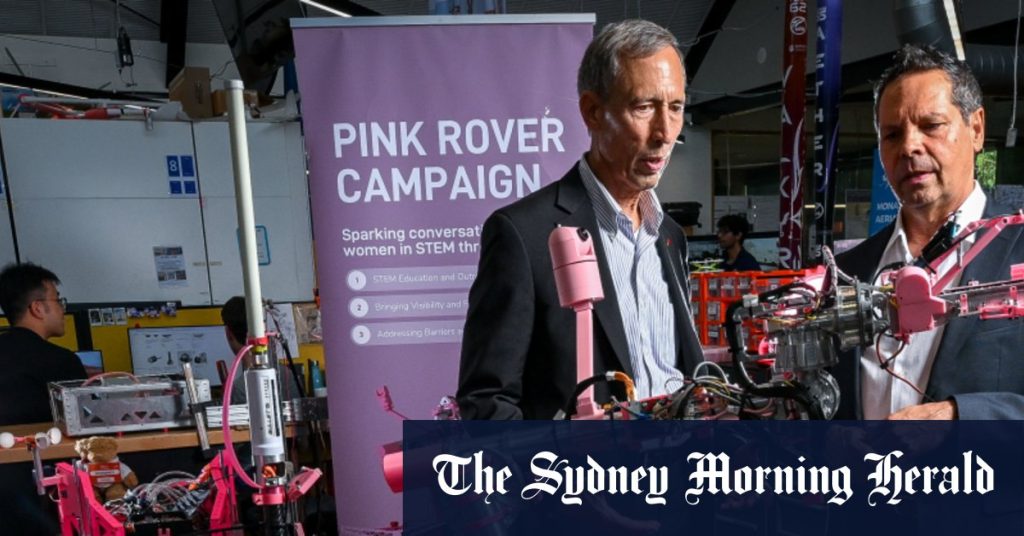Lt. Gen. Larry D. James, former Deputy Chief of Staff for Intelligence, Surveillance and Reconnaissance for the US Air Force, highlighted the importance of integrating space components into projects like AquaWatch Australia, which aims to create a national water quality monitoring system. He emphasized that having space capabilities could enhance predictive forecasting for such projects, benefiting both Australia and its allies. James noted that Australia does not need to match the US in terms of capabilities, but can create important capabilities that align with national and strategic priorities.
Enrico Palermo, head of the Australian Space Agency, expressed enthusiasm for Lt. Gen. James’ appointment, citing his experience in leading innovative projects at NASA’s Jet Propulsion Laboratory (JPL). Palermo believed that James’ expertise would contribute to the development and growth of initiatives like SmartSat CRC and Monash University, further enhancing Australia’s space industry. With his background in military and scientific collaboration, James was expected to bring valuable insights and strategic guidance to space-related initiatives in Australia.
Throughout his career in the US Air Force and at NASA, Lt. Gen. James had collaborated with Australian military and scientists. He discussed his involvement with Australian partners during deployments, intelligence work, and time at JPL. Notably, James had established a relationship with Christopher Lawrence, a Wadjak/Ballardong Noongar man and Monash University associate dean, leading to a program where NASA hosted First Nations interns studying space science in California. At Monash University, James aimed to expand the institution’s space curriculum and foster further collaboration with Indigenous communities.
Australia has a rich history of engagement in space research, including the operation of the Canberra Deep Space Communication Complex and the achievements of astronauts like Andy Thomas and Paul Scully-Power. The country’s space industry has seen growth in recent years, supported by initiatives such as the establishment of Defence Space Command by the Defence Department. In April, Katherine Bennell-Pegg became the first Australian astronaut to graduate from the European Space Agency, reflecting Australia’s increasing presence in the global space community and its commitment to advancing space exploration.
Lt. Gen. Larry D. James’ experience and insights were expected to drive progress in Australia’s space industry, enhancing collaboration with international partners and contributing to the development of innovative projects. His emphasis on integrating space capabilities into national initiatives like AquaWatch Australia highlighted the potential for space technology to enhance environmental monitoring and forecasting. With Australia’s growing involvement in space research and exploration, partnerships with industry leaders like James could accelerate the country’s advancements in the space sector, positioning it as a key player in the global space community.


